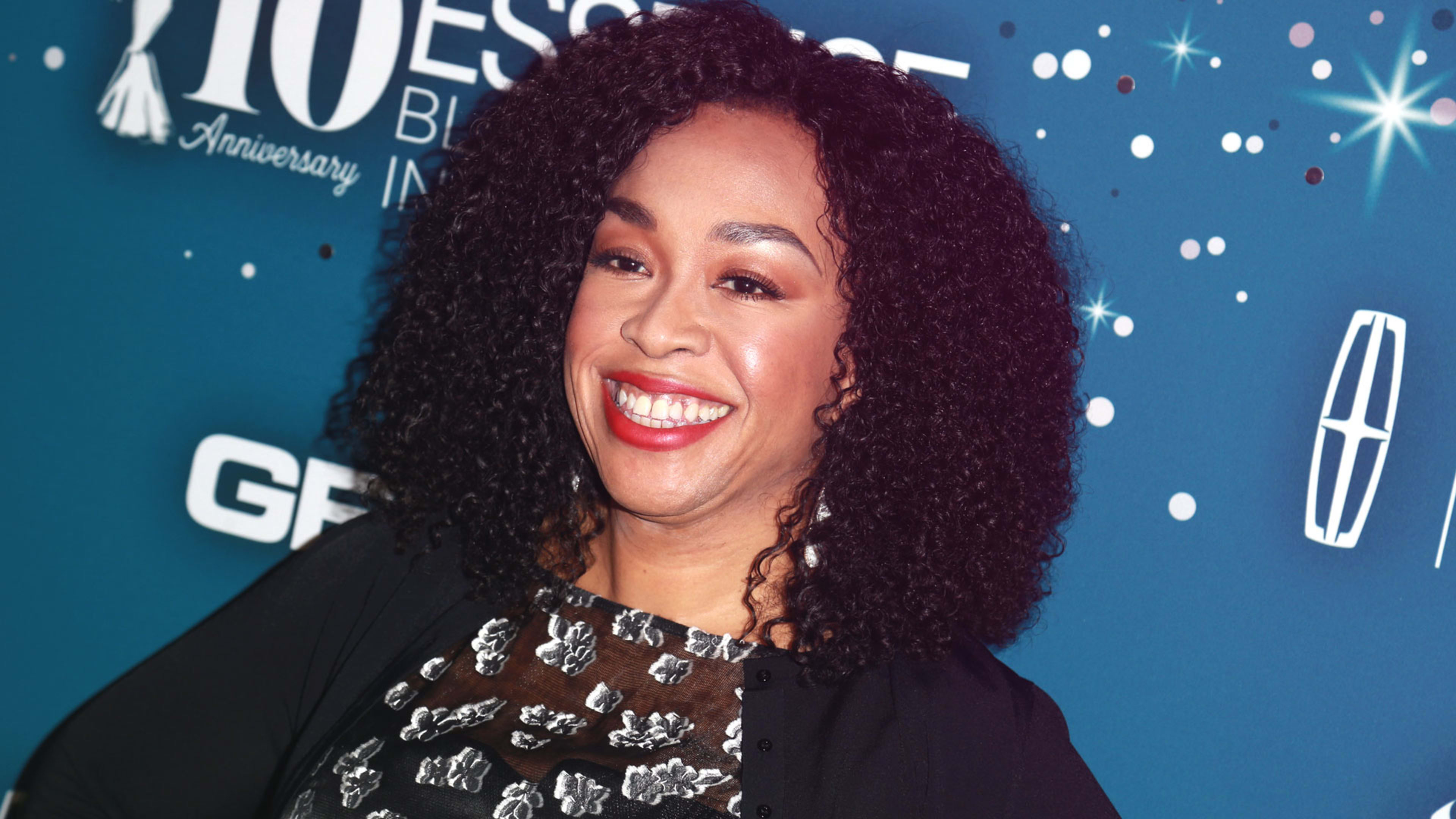Last night, Twitter lit up with the news that Shonda Rhimes–ABC’s most prolific showrunner–is decamping after 15 years and signing a deal to create shows for Netflix. That the creator of Grey’s Anatomy and Scandal, and producer of How To Get Away With Murder, is leaving her longtime home on traditional media may be one of the biggest blows yet to the broadcast television industry. If nothing else, it’s another sign of how creatives are being increasingly lured by the freedom (and big bucks) of streaming TV players like Netflix and Amazon.
According to the Wall Street Journal, Rhimes’s deal with ABC was worth $10 million a year, a number Netflix will surely top. The company is spending $6 billion on content this year alone, and it’s unapologetic in the way it likes to throw money around.
But to those familiar with Rhimes beyond her television shows, the move isn’t entirely surprising. In a cover story for the September issue of Fast Company, I spoke at length with Rhimes about her desire to move beyond traditional forms of “storytelling,” as she likes to say. In the wake of her best-selling memoir, Year of Yes, in which she chronicles overcoming her fear of speaking in public and other introverted tendencies by agreeing to do things she was historically afraid of, Rhimes began to significantly expand her business and find new ways to engage her fans.
This fall she is launching Shondaland.com, an online hub of essays, articles, videos, and podcasts, all of which will embrace the all-inclusive, proactive, feminist-skewing message of her shows. Rhimes will be actively involved in the site, and conducted one of the first interviews (as teased on a newsletter)—with Democratic congresswoman Maxine Waters—herself. And through a partnership with Dove, Rhimes is producing videos featuring women who have their own stories about “unconventional beauty” to tell.
A Much-Needed Change Of Scenery
Netflix is yet another new format for Rhimes, one that will release her from the “grind,” as she’s said in interviews about her decision to leave ABC, of network television. Considering that Grey’s is now in its 14th season, one can empathize. Other signs that Rhimes has been wearying of her day job as it’s currently defined: Earlier this year, she made the decision to end Scandal after its upcoming season, and she recently handed over the keys to the writers’ room at Grey’s to Krista Vernoff, an early writer on the show. “I sort of leaned back and said, ‘Go,'” Rhimes told me. “It’s the first time I’ve really ceded control, and I’m a control freak, so this is amazing.”
Netflix will also allows Rhimes to play outside the creative fences that have allowed her to push boundaries within a certain context. While her shows have addressed taboo issues like abortion and miscarriages, and her casts have freely—and refreshingly—mixed and matched races and sexualities, Rhimes’s shows still adhere to the archetypal demands of network television. They may not tie into perfect bows at the end of each storyline, but they still have the glossy feel of the nighttime soap operas that they are. At Netflix, Rhimes will be able to step outside of these parameters and go a little more “dark and twisty,” as Meredith Grey of Grey’s Anatomy likes to say.
Among Friends
The Netflix union makes sense in other ways, too. Rhimes has known Netflix chief content officer Ted Sarandos and his wife, Nicole Avant, outside of industry circles—all are top Democratic fundraisers and active on the local political circuit. And Rhimes is well aware of how streaming has helped keep Grey’s ratings strong despite its age. Due to young fans finding binging old episodes on Netflix, Rhimes told me that she is frequently stopped in public.
“I feel like the Pied Piper, because there are 12-year-olds who are like, ‘Shonda!'” That power, she said tellingly, made her realize that she and her Shondaland team “had an opportunity that we were wasting if we didn’t try to talk to them in other ways.”
As for Netflix, shoring up Rhimes is the latest move in the talent arms race that is breaking out across Hollywood. Just last week, Amazon signed up Walking Dead creator Robert Kirkman to an overall deal. Both Amazon and Netflix have been at war trying to lock up names—Netflix’s recent spree includes deals with David Letterman and the Coen brothers—in a bid to draw in more subscribers and rely less on the studio licensing deals that are beginning to evaporate. Just last week Disney announced that it is pulling its Pixar and Disney Animation content from Netflix beginning in 2019.
Netflix is also focusing on owning more content as opposed to licensing it from production companies, as it has historically done with shows like House of Cards and Orange Is the New Black. In today’s Barron’s cover story, titled “The Trouble With Netflix,” the company is characterized as a “hit-renter, not a hit-owner.” “Growth depends on content,” the story warns, “and for companies that don’t own much of it, content requires cash. Netflix runs the risk of getting shut out of attractive content in coming years if its buying power wanes.” Having Rhimes in the Netflix stable helps the company offset future risk.
The deal with Rhimes has been in the works for months, but was “accelerated,” according to a source, in recent weeks. Whether that was because of Disney announcement to withdraw its animated titles from Netflix, is unclear. (The company owns ABC.) Regardless, this week it’s Netflix that’s making the big splash.
Recognize your brand’s excellence by applying to this year’s Brands That Matter Awards before the early-rate deadline, May 3.
